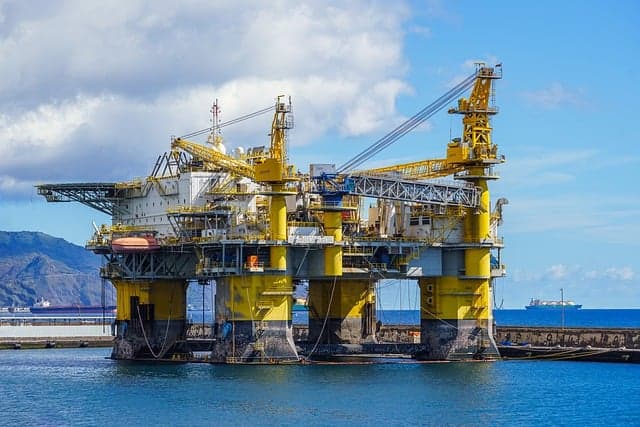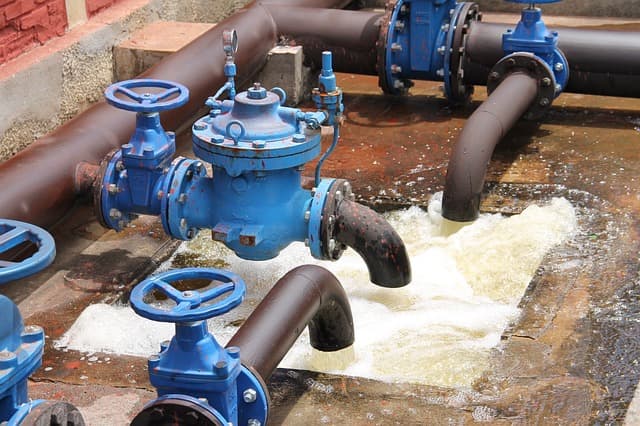Oil and gas production in North America has significant environmental impacts that affect the environment, biodiversity and human health. Here are some of the major environmental issues associated with this process:
Water pollution
Oil and gas production uses large amounts of water as well as chemicals such as solvents and antifreeze. Some of these substances can enter surrounding water sources, causing pollution. In addition, improper storage and disposal can lead to oil and chemical spills that can impact aquatic ecosystems and human water use.
Greenhouse Gas Emissions
Oil and gas extraction and combustion are sources of greenhouse gas emissions such as carbon dioxide (CO2) and methane. These gases are major contributors to climate change and global warming. High levels of emissions affect the climate system, leading to changes in temperature, changes in precipitation, and extreme weather patterns.
Destruction of ecosystems
The construction and operation of oil and gas fields often leads to the destruction of natural ecosystems such as forests, wetlands, and wildlife habitats. Animals and plants lose their habitats, and ecosystems lose their biodiversity and functionality.
Risks to human health
Oil and gas extraction can create health problems for people, especially those who live near oil and gas fields. Toxic air emissions, water and soil contamination, and noise and vibration from equipment can contribute to respiratory problems, allergies, heart disease, and other health hazards.
Risks of accidents and leaks
Oil and gas extraction involves the risk of accidents and incidents that can lead to large-scale oil and gas leaks. This can have catastrophic consequences for the environment, causing contamination of soil, water and air, and leading to the death of animals and plants.
In light of these problems, increasing attention is being paid to the need to develop and apply more environmentally friendly technologies and approaches to oil and gas production. This includes using modern methods to reduce greenhouse gas emissions, developing more efficient waste treatment and disposal systems, and improving safety measures to prevent accidents and leaks.
Governments, research, and civil society organizations have an important role to play in monitoring and regulating oil and gas extraction to minimize its environmental impacts. Transparency, rigorous monitoring, and compliance with environmental regulations and standards help reduce environmental impacts and ensure more sustainable oil and gas production in North America.



